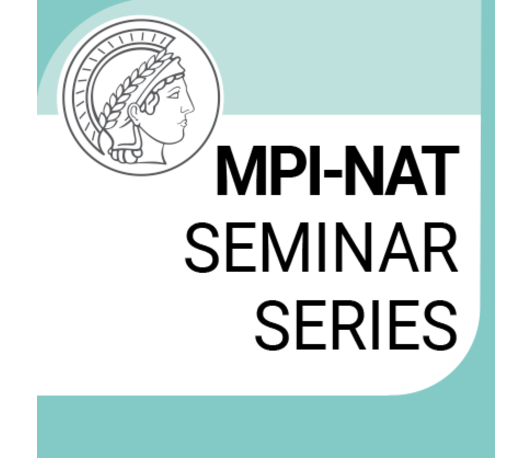MPI-NAT Seminar: Flamingo: Development, applications, and dissemination of light sheet microscopy and the future of remote imaging
MPI-NAT Seminar
- Datum: 22.05.2025
- Uhrzeit: 16:00 - 17:00
- Vortragende(r): Jan Huisken
- Georg-August-Universität Göttingen, Johann-Friedrich-Blumenbach Institute of Zoology and Anthropology
- Ort: Max-Planck-Institut für Multidisziplinäre Naturwissenschaften (MPI-NAT, Faßberg-Campus)
- Raum: Ludwig Prandtl Hall
- Gastgeber: Jochen Rink
- Kontakt: office.rink@mpinat.mpg.de

The overall goal of the Huisken Lab is to systematically study developmental processes in living organisms using custom, non-invasive biomedical imaging techniques. Over the years, we have developed and perfected imaging tools that offer unique possibilities for analyzing vertebrate development. Our primary tool is advanced, customized light sheet microscopy (LSFM, SPIM), which is ideal for imaging biological samples across scales, from small, living organisms to large, fixed, and cleared tissues. Besides the low photo-toxicity and fast acquisition, LSFM offers the advantage of high scalability and customizability: the experimental setup can be optimized for the given sample, which is often crucial to a successful experiment. We have now developed a modular and portable light sheet microscope framework (Flamingo) to streamline this process. Several geometries for various samples have already been realized, and more are to come. The microscope is modular and portable, opening many new opportunities for collaborations, fieldwork in remote areas, teaching, training, and sharing with other scientists. Despite the instrument's portability, it constitutes a high-end light sheet microscope that we use in the lab and can hopefully unlock many new and exciting imaging experiments in other labs. The entire Flamingo setup fits in two roller cases and can be moved from lab to lab, packed in the trunk of a car, and shipped over long distances. On the one hand, Flamingo makes light sheet microscopy more accessible to biologists; on the other hand, we benefit by learning about exciting new imaging projects, getting access to new specimens, and integrating user feedback in the next iteration of these instruments. Flamingos can also be remotely controlled, offering the option for support and collaborative experiments from afar.